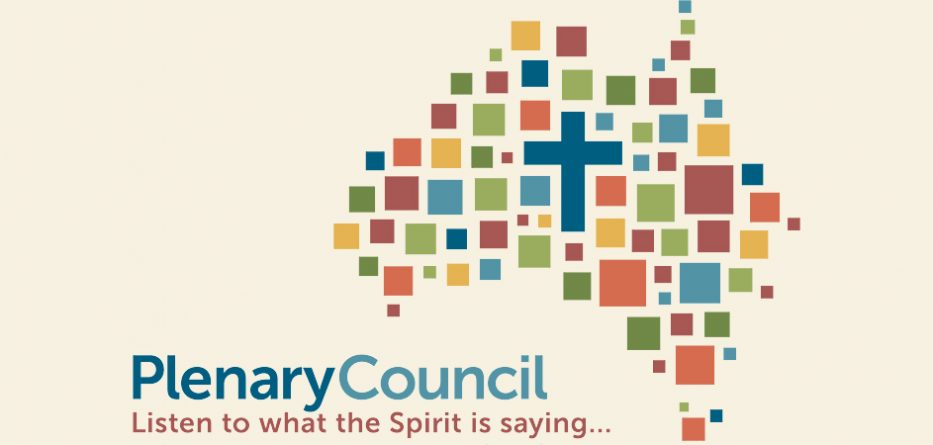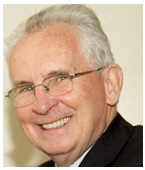
As Pope Francis was launching the 2021-23 global synodal process – to culminate in a Synod of Bishops in Rome – the Catholic Church in Australia was winding up the first assembly of its fifth Plenary Council. Here Kevin Liston outlines how Australia’s lay Catholics found their voices – but with the future of this open way of going ‘not yet secure’.

Kevin Liston
What happened at the Plenary Council?
Many things happened. This stands out: Catholics found their voices and spoke with authority. They were able to express themselves in a forum never before seen in Australia. They spoke openly and directly.
In them we saw credibility and authenticity as they spoke of their experiences, hopes and aspirations for themselves, their families, their communities and their Church. We witnessed something genuine that has been missing from our Church for too long.
This was true for observers as well as members of the Council. It was as if Catholics were coming out of the shadows.
There was a shift from the Church of the bishops to the Church of the people and bishops. It gave Catholics a platform and they found their voices. The events of the Plenary Council were online, available to see and hear for anyone who was interested.
Our previous experience of similar Catholic gatherings was proceedings behind closed doors with official announcements and reports later. If we were lucky, leaks occurred over time to reveal what really went on.
This assembly did not create the phenomenon; it was the occasion and opportunity for its emergence. This has been in the making for some time but was largely unspoken or if talked about, it was only in limited circles.
Lay people, including Sisters and Brothers were visible and could be seen and heard as authentic voices of Australian Catholics. It was as if we have suddenly grown up. We did not need bishops or clergy to speak for us; we had our own voices.
It was a time to be proud of being an Australian Catholic. This was not based on status, power, hierarchical position, control over others or jurisdictions. It was grounded in affirmations of what it is to live a genuine Christian life in the Catholic tradition. We heard women and men speak from their hearts and we appreciated them for what they had to offer. We found ourselves drawn together by our common hopes for a better world, an adult church, responsible governance structures, deep compassion for vulnerable and damaged people and heartfelt pleas for inclusion of all in our family. We were presented with a vision and narrative we could believe in and live by. It rang true for us.
This was a turning point but it is not yet secure or established. It is tentative and frail. We could easily fall back into old ways of letting others speak for us and familiar habits of docility and compliance while key decisions are made without consultation. That is not the way of the creative, life-giving Gospel or the vision of Jesus. We have seen again something of the freedom of Paul’s Letter to the Galatians and the conviction and confidence of his Letter to the Romans. We need to continue working at it; there is much to be done.
Our goal is worth the effort. We aim for nothing less than the liberation of human potential in all its noblest forms and the flowering of our planet as the beautiful environment it could be for all of us.
We are engaged in creating our world every day. For some it is a heart-breaking struggle, for others it is a comfortable ride. For most it is something in between. Unexpectedly, the Plenary Council assembly gave expression to the full range; we are on our way – together. We had a look at what is possible when people of good will gather, share their dreams and work together for a better future for everyone.
Let us not let this moment become a once-off historical event. Instead, let it become a marker on the road, a watershed opening onto an expanding vista and a springboard for a new way of imagining and being church.
Kevin Liston
25 October 2021
[Kevin is Convener of South Australian Catholics for an Evolving Church and Chair of the Australasian Catholic Coalition for Church Reform project groups, Convocations of Catholics and A Lay-led Synodal Process. He completed a Master of Theological Studies and a Graduate Diploma in Psychology after a career working with refugees and migrants.]

Before spending time on long comments on this site, please visit our commenting guidelines at:
https://acireland.ie/terms-conditions/
The need for relevance is one of those guidelines. Another is the standard convention of concentrating on the issues raised by the article in question, rather than upon any personalities who may or may not be connected with that article.